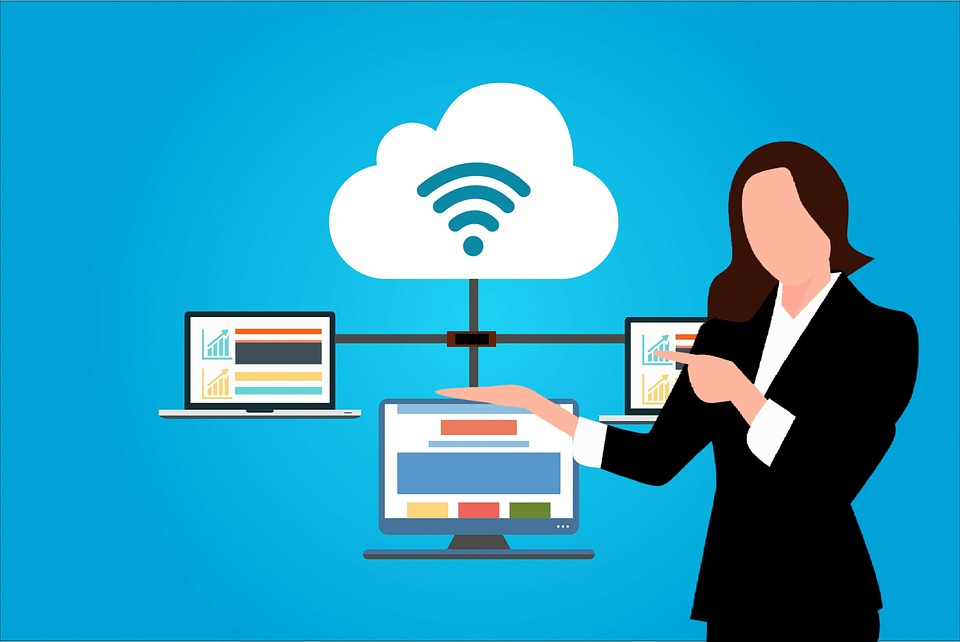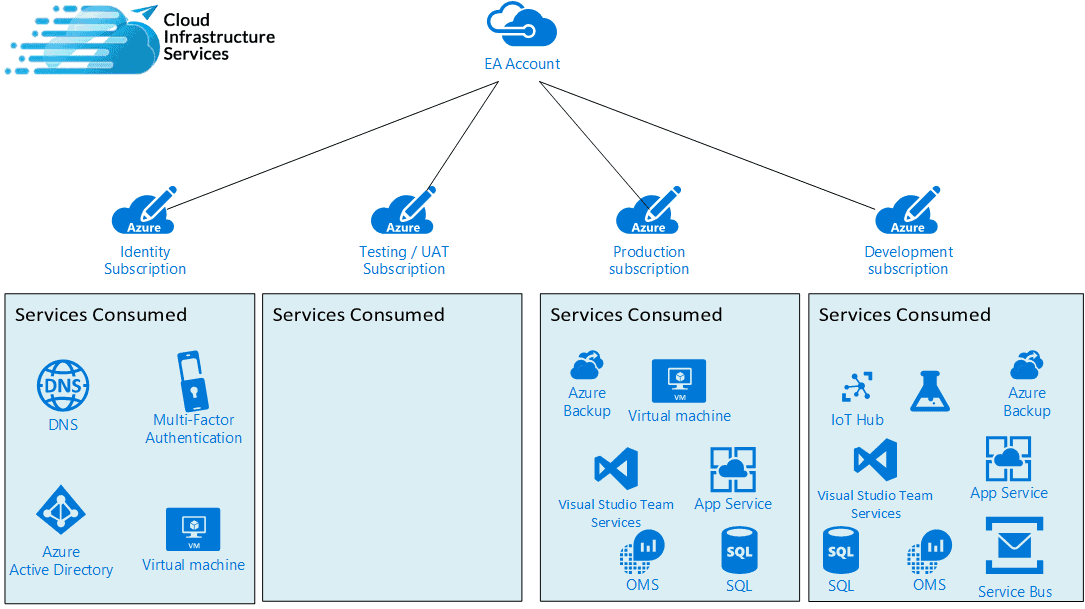
A computer is a device, either software or hardware, that stores data and manages it in a distributed network. It can be a physical server or a virtual one within a cloud computing platform.
The server client model is a multi-tiered architecture that divides your computer into two parts: a Client and a Server. Clients send requests to servers which process and return a result. Client-server is the most common implementation of networked data processing.
Several types of servers are available to businesses, including web servers, file servers, mail servers, database servers and applications servers. Each type has its own specific use and requires different configurations in order to run efficiently.
The web server is a computer that delivers requested web pages from a browser to other browsers. The servers use a standard protocol for communication called Hypertext Transfer Protocol to talk with a web browser. They also use SMTP and FTP to upload files.

Domain controllers, also known as DNS servers, store the tools that manage users, permissions and devices on a network. Also, they convert network traffic and IP addresses into a format computer systems can understand.
Domain controllers are often found in central offices or data centers, where they are managed and overseen by IT professionals. It also manages and maintains network security by preventing attacks from outside threats.
Data storage and processing abilities of a server is crucial for business. These servers allow companies to manage their own applications and networks efficiently without having to rely solely on employees.
IT professionals can also patch and upgrade software on behalf of all employees, instead of each one having to do this individually. This prevents cyberattacks by ensuring that all computers have the latest software and patches.
A server also collects data about employee computers to make monitoring easier. It is possible for IT professionals to monitor the network traffic, performance of applications and antivirus software. They can then detect any red flags that may indicate future problems.

Dedicated servers consist of specialized computers which perform specific tasks such as hosting websites and providing network access. These servers are built to be fast, reliable and able to handle large numbers of users.
As an example a city may have one or several servers that run its computer networks, provide email, and allow employees to access financial and accounting information. These servers run 24 hours a day and aren't meant for private use.
A server is designed to run server software. It is usually a X86/X64 based computer which runs at a much higher performance level than desktop computers.
Servers tend to be large and can store and process massive amounts of information. They are also often expensive. Smaller servers are available to the average consumer.
FAQ
What is Website Design Software?
Website design software is used by graphic artists, photographers, illustrators, writers, and others involved in visual media to create webpages and other digital materials.
There are two main types: cloud-based or desktop software. Desktop apps are installed locally on your computer and require you to install additional software on your computer. Cloud-based applications are hosted on the internet. This makes them great for mobile users.
Desktop Applications
While desktop applications offer more advanced features than those in cloud-based solutions, they aren't always necessary. Some people prefer to only use a desktop program because it is easier and more convenient. Some people prefer to use the same tool, regardless of whether it is on a phone or a laptop.
Cloud-Based Solutions
Cloud-based services are the best choice for web developers who want to save both time and money. These services let you edit any type or document anywhere you have an internet connection. You can use your tablet to work while you wait for your coffee brew.
A license is required if you opt for a cloud-based service. You won't need to purchase additional licenses if you upgrade to a later version.
If you have Photoshop, InDesign and Illustrator, these programs can be used for creating web pages.
What HTML & CSS can I use to create my website?
Yes, you can! It's possible! You need to have basic knowledge in web design and programming languages, such as HTML (Hyper Text Markup Language), CSS and Cascading Style sheets (Cascading CSS Sheets). These languages allow you create websites that can be viewed by anyone with internet access.
How much do web developers make?
A website is a project you can work on for your own money. You'll likely make $60-$80 an hr. You can charge more if you're an independent contractor. It is possible to charge between $150-200 an hour.
How do I create a free website?
It all depends on which type of website it is. Do you want to sell online products, start a blog, build a portfolio, or both?
An essential website can be created using HTML and CSS. This is a combination of HyperText Markup Language (HTML) and CascadingStyle Sheets (CSS). Although HTML and CSS are possible to create a website, most web developers recommend using WYSIWYG editors such as Frontpage or Dreamweaver.
A freelance developer may be the best choice if you don't have any experience in designing websites. They can help create a custom website for you based on your requirements.
You can either pay a flat rate per project or an hourly rate to a freelance developer. It all depends on how much work they do in a set timeframe.
One example is that some companies charge $50-$100 for an hour. For larger projects, you'll typically get a higher rate.
In addition, many freelance websites list available jobs. You can search there before you contact potential developers directly.
How do I choose a domain name?
It is crucial to choose a great domain name. A great domain name will help people find your site when they search for your product.
Domain names should be short, easy to remember, relevant to your brand, and unique. You want it to be something people will type into their browser.
Here are some ideas to help you choose a domain.
* Use keywords related to your niche.
* Do not use hyphens (-), numbers or symbols.
* Don't use.net or.org domains.
* Avoid using words that are already taken.
* Avoid using generic terms like "domain"/website.
* Check that it is available.
Statistics
- It's estimated that in 2022, over 2.14 billion people will purchase goods and services online. (wix.com)
- When choosing your website color scheme, a general rule is to limit yourself to three shades: one primary color (60% of the mix), one secondary color (30%), and one accent color (10%). (wix.com)
- Is your web design optimized for mobile? Over 50% of internet users browse websites using a mobile device. (wix.com)
- It enables you to sell your music directly on your website and keep 100% of the profits. (wix.com)
- Studies show that 77% of satisfied customers will recommend your business or service to a friend after having a positive experience. (wix.com)
External Links
How To
What is Website Hosting?
Website hosting is the location where people go when they visit websites. There are two types.
-
Shared hosting is the cheapest. Your website files will reside on a server belonging to someone else. When customers visit your site, their requests travel over the Internet to that server. The owner of the server then hands off the request to you.
-
Dedicated hosting - This is the most expensive option. Your website resides entirely on one server. Your traffic is private because no other websites have shared space on this server.
Shared hosting is cheaper than dedicated hosting for most businesses. The company hosting the server will provide the resources necessary to manage your website.
But there are pros and cons to both options. Here are some key differences between them.
The pros of shared hosting:
-
Lower Cost
-
Easy to Set Up
-
Frequent Updates
-
It can be found on many web hosting companies
You can get shared hosting for as low as $10 per monthly. Keep in mind, however, that bandwidth is usually included in the price. Bandwidth is how much data you can transfer to the Internet. You may have to pay extra for large amounts of data, even if your blog only contains photos.
You will quickly see why you paid so much for your former host once you have started. Most shared hosts provide very limited customer support. Although they will help you set up your site occasionally, you are on your own once you have done that.
It is important to find a provider that provides 24-hour support. They'll take care of any issues that come up while you sleep.
Cons of dedicated hosting
-
More Expensive
-
Less Common
-
Specific Skills Required
With dedicated hosting, all you need to maintain your website are provided. You won't worry about how much bandwidth you are using or how much RAM (random Access Memory) you have.
This means that you'll spend a bit more upfront. You'll soon realize that your business is self-sufficient once it's online. You will become an expert in managing your servers.
Which is better for my business?
The answer will depend on the type and purpose of your website. Shared hosting might be best if you just want to sell products. It's easy to set up and maintain. And since you're sharing a server with many other sites, you'll likely receive frequent updates.
However, dedicated hosting can be a great option if you're looking to build a community around the brand. Instead of worrying about your traffic, you can build your brand while still being able to concentrate on your business.
Bluehost.com is the best web host for both. They offer unlimited monthly data transfers and 24/7 support. You can also register domain names for free.